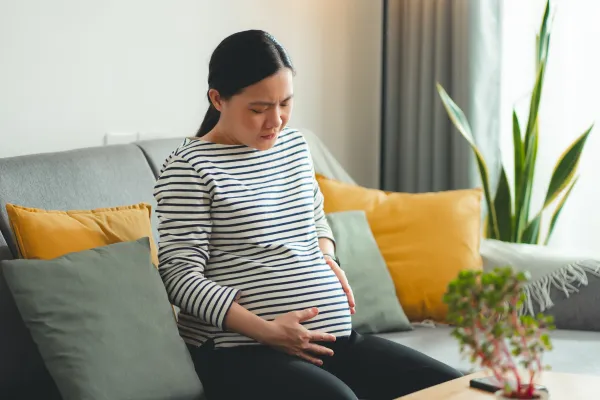Topics
Gastroenteritis, often referred to as the stomach flu, involves inflammation of the gastrointestinal tract. It typically presents with symptoms such as vomiting, diarrhoea, abdominal pain, and fever. The condition can be caused by viruses, bacteria, or parasites. According to the World Health Organization (WHO), gastroenteritis remains a leading cause of illness globally, particularly among children and the elderly.
What Causes Viral Gastroenteritis?
Viral gastroenteritis is the most prevalent form, with norovirus and rotavirus being the primary viral agents. Norovirus, in particular, is highly contagious and spreads rapidly in close-contact settings such as schools and care facilities. Transmission occurs via contaminated food, water, and surfaces, as well as through direct person-to-person contact.
Symptoms: Nausea, vomiting, watery diarrhoea, and stomach cramps that usually last for one to three days.
Prevention: Vaccination against rotavirus is available for infants. For norovirus, hand hygiene and sanitation are essential for reducing transmission.
What About Bacterial Gastroenteritis?
Bacterial gastroenteritis is caused by pathogens such as Salmonella, Escherichia coli (E. coli), and Campylobacter. These bacteria are usually contracted through the consumption of contaminated food or water. Compared to viral cases, bacterial infections can cause more severe symptoms and complications.
Common Bacterial Pathogens: Salmonella, Shigella, E. coli, and Campylobacter.
Symptoms: Severe abdominal cramps, fever, bloody diarrhoea, and dehydration.
Prevention: Practising safe food handling, cooking meat thoroughly, and avoiding cross-contamination can help prevent infection.
How Does Gastroenteritis Spread?
Gastroenteritis is highly contagious, especially in communal environments like homes, schools, and hospitals. Most transmission occurs via the faecal-oral route. This includes direct contact with infected individuals, consuming contaminated food or drinks, or touching surfaces harbouring infectious agents. The WHO highlights poor sanitation and hygiene as key contributors to outbreaks.
How Can Gastroenteritis Be Prevented?
Preventing gastroenteritis hinges on good hygiene practices:
- Wash hands with soap and water, particularly before meals and after using the toilet.
- Cook food thoroughly and store it properly.
- Disinfect commonly touched surfaces, especially in shared spaces.
- Vaccinate children against rotavirus as advised by healthcare professionals.
Frequently Asked Questions
1. How long is gastroenteritis contagious for?
Viral gastroenteritis, especially norovirus, may remain contagious for days after symptoms subside. Individuals should remain at home for at least 48 hours after recovery to prevent spreading the virus.
2. Can gastroenteritis be transmitted through the air?
Transmission is mainly via the faecal-oral route. However, aerosolised particles from vomit or diarrhoea may occasionally lead to airborne transmission in confined settings.
3. What are the dangers of dehydration from gastroenteritis?
Gastroenteritis can cause significant fluid loss through vomiting and diarrhea, leading to dehydration, especially in vulnerable populations. Rehydration with fluids containing electrolytes is essential to prevent complications.
4. Is there a vaccine for gastroenteritis?
Yes, there is a vaccine for rotavirus, which is a common cause of viral gastroenteritis in children. Speak with a healthcare provider to determine the appropriate vaccination schedule.
5. What should I do if I suspect I have gastroenteritis?
Rest, maintain hydration, and avoid close contact with others. Seek medical advice if symptoms persist or worsen.
Schedule an Appointment at Pantai Hospitals
Gastroenteritis can lead to complications such as severe dehydration or prolonged illness, particularly in children, older adults, and those with weakened immune systems. At Pantai Hospitals, our specialists provide thorough diagnostic assessments and tailored treatment plans to ensure optimal care and recovery.
To schedule an appointment, please visit our website or download the MyHealth360 app from the Google Play Store or Apple App Store.
Pantai Hospitals have been accredited by the Malaysian Society for Quality in Health (MSQH) for its commitment to patient safety and service quality.













